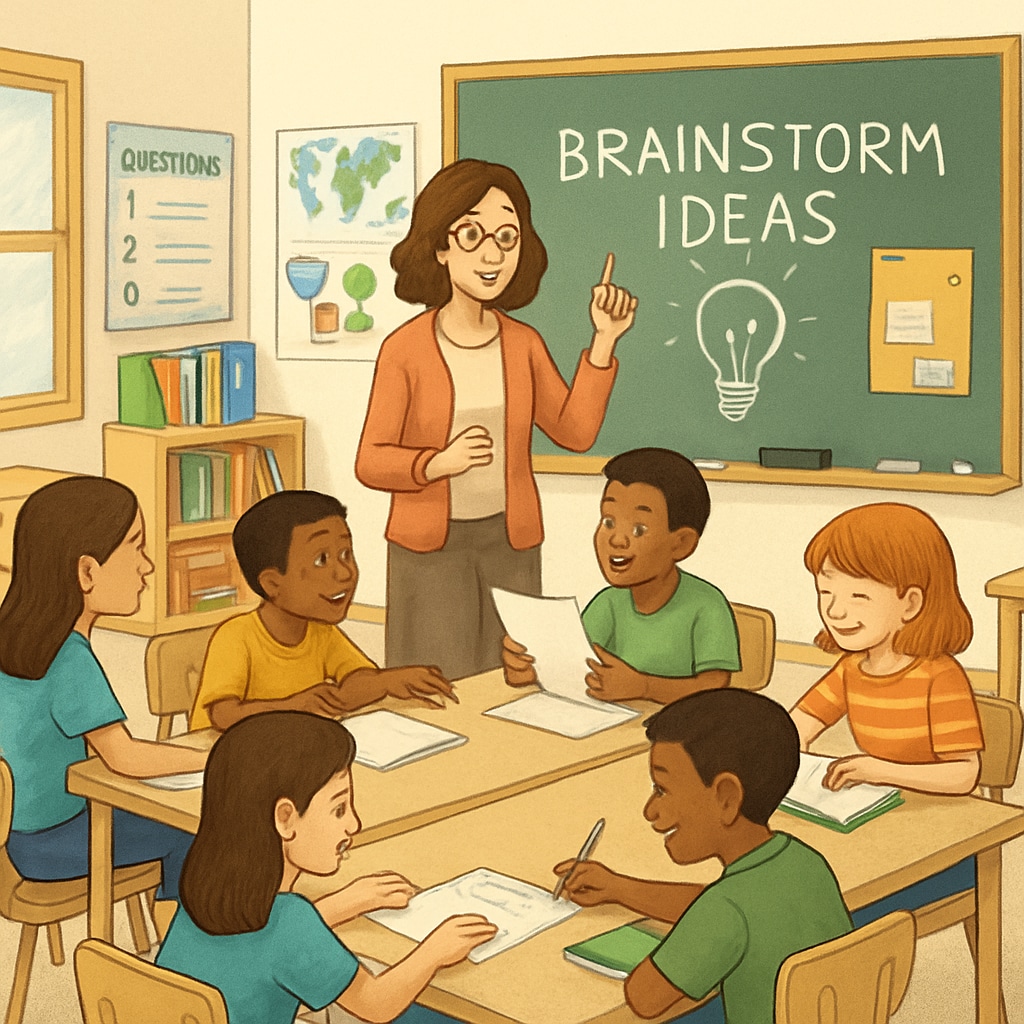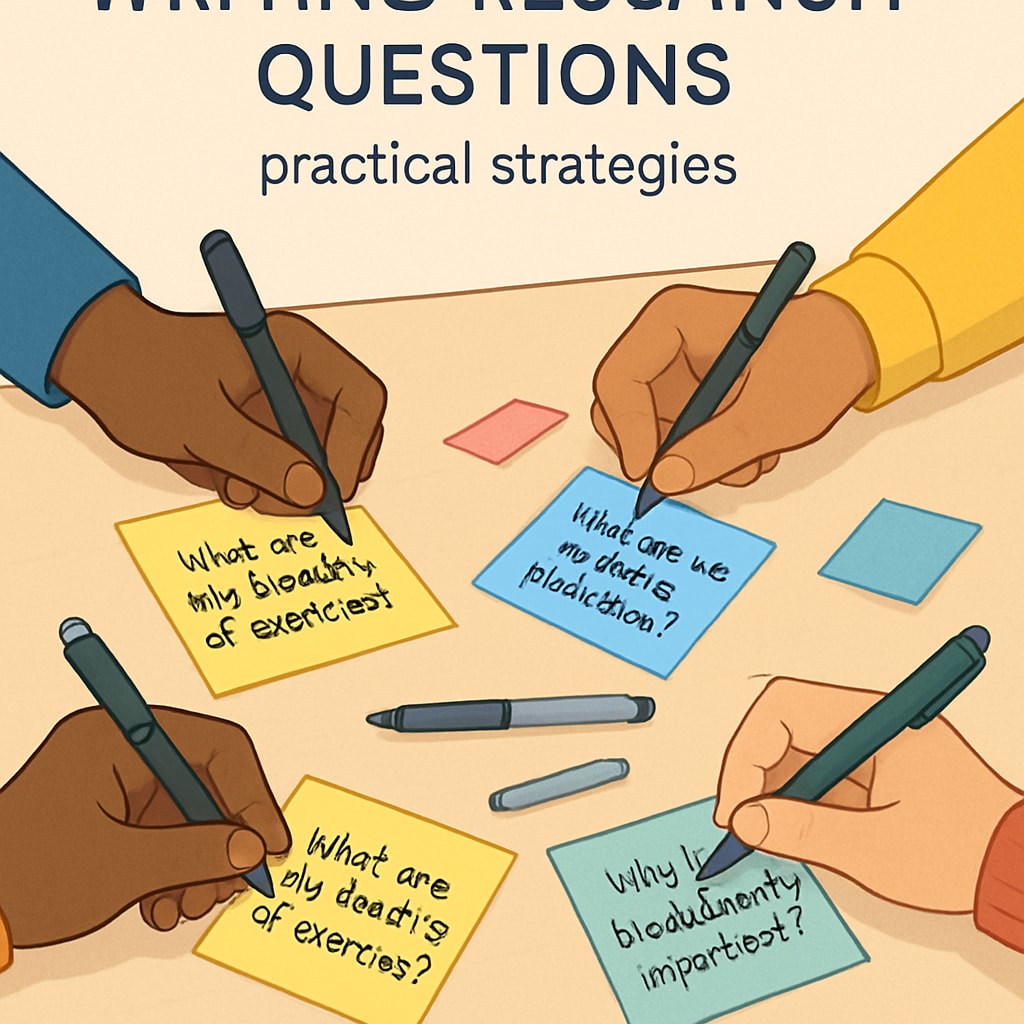Effective research question formulation is at the heart of fostering inquiry-based learning in K12 education. By teaching students how to ask meaningful and focused questions, educators can help them develop critical thinking and problem-solving skills essential for lifelong learning. In this article, we will explore practical methods for crafting impactful research questions and provide actionable strategies for educators to support their students in this process.

Understanding the Importance of Research Question Formulation
Research questions serve as the foundation for any investigation or study. In the K12 context, these questions help students move beyond surface-level understanding and dive into deeper exploration. Crafting a well-formulated question gives students a clear direction, motivating them to explore, analyze, and synthesize information. For example, a question like “How does climate change affect local ecosystems?” encourages students to connect scientific evidence with real-world implications, fostering both environmental awareness and analytical skills.
To ensure the effectiveness of research questions, educators should teach students the characteristics of good questions: specificity, relevance, and feasibility. A good question should be narrow enough to allow focused inquiry but broad enough to encourage exploration. These qualities can transform the learning experience, making it both engaging and impactful.
Practical Strategies for Crafting Effective Research Questions
Helping students develop strong research questions requires a structured approach. Below are some strategies educators can implement:
- Brainstorming Sessions: Encourage open discussions where students can share ideas and refine them collaboratively.
- Using Question Frameworks: Introduce frameworks like “What, Why, How” to guide students in structuring their inquiries.
- Connecting to Real-World Problems: Inspire students to create questions tied to current events or issues that resonate with their interests.
- Scaffolded Learning: Provide step-by-step guidance, such as breaking down broad topics into manageable sub-questions.
By integrating these techniques into the classroom, educators can empower students to take ownership of their learning process, nurturing curiosity and independent thinking.

Integrating Research Question Formulation into the Curriculum
To make research question formulation a core part of K12 education, it is essential to embed it across subjects and grade levels. For example:
- In Science: Students can create hypotheses based on research questions about natural phenomena.
- In Social Studies: Encourage questions that explore historical events or cultural dynamics, such as “What were the primary causes of the Civil Rights Movement?”
- In Language Arts: Students can analyze themes in literature by asking questions like “How does symbolism enhance the narrative in this novel?”
Integrating these practices across disciplines ensures students encounter research question formulation regularly, solidifying it as a key skill in their academic toolkit.
Supporting Educators in Guiding Research Question Development
Teachers play a crucial role in guiding students through the research question formulation process. Professional development workshops, online resources, and collaborative planning sessions can equip educators with the tools they need to effectively teach this skill. Additionally, leveraging technology, such as online brainstorming tools or research databases, can enhance the process and provide students with additional support.
For further insights into effective teaching strategies, educators can explore resources like Inquiry-Based Learning on Britannica and Inquiry-Based Learning on Wikipedia. These platforms offer valuable information to help educators refine their approach to inquiry-based education.
As a result, when students are consistently encouraged to ask thoughtful questions, they develop the skills and confidence to become independent learners and critical thinkers—a vital asset in both academic and real-world settings.
Readability guidance: Use short paragraphs and lists to summarize key points; ensure smooth transitions between sections with connectors such as “however,” “in addition,” and “for example.” Incorporate strategies and examples to keep the content practical and engaging.


